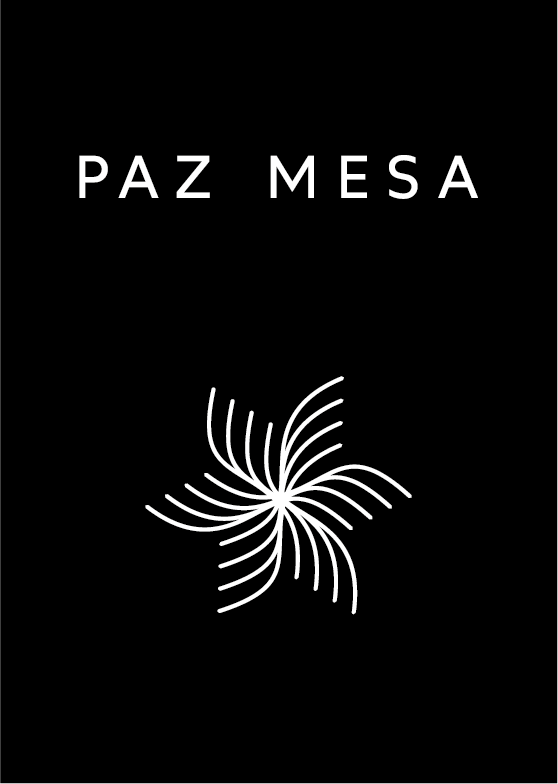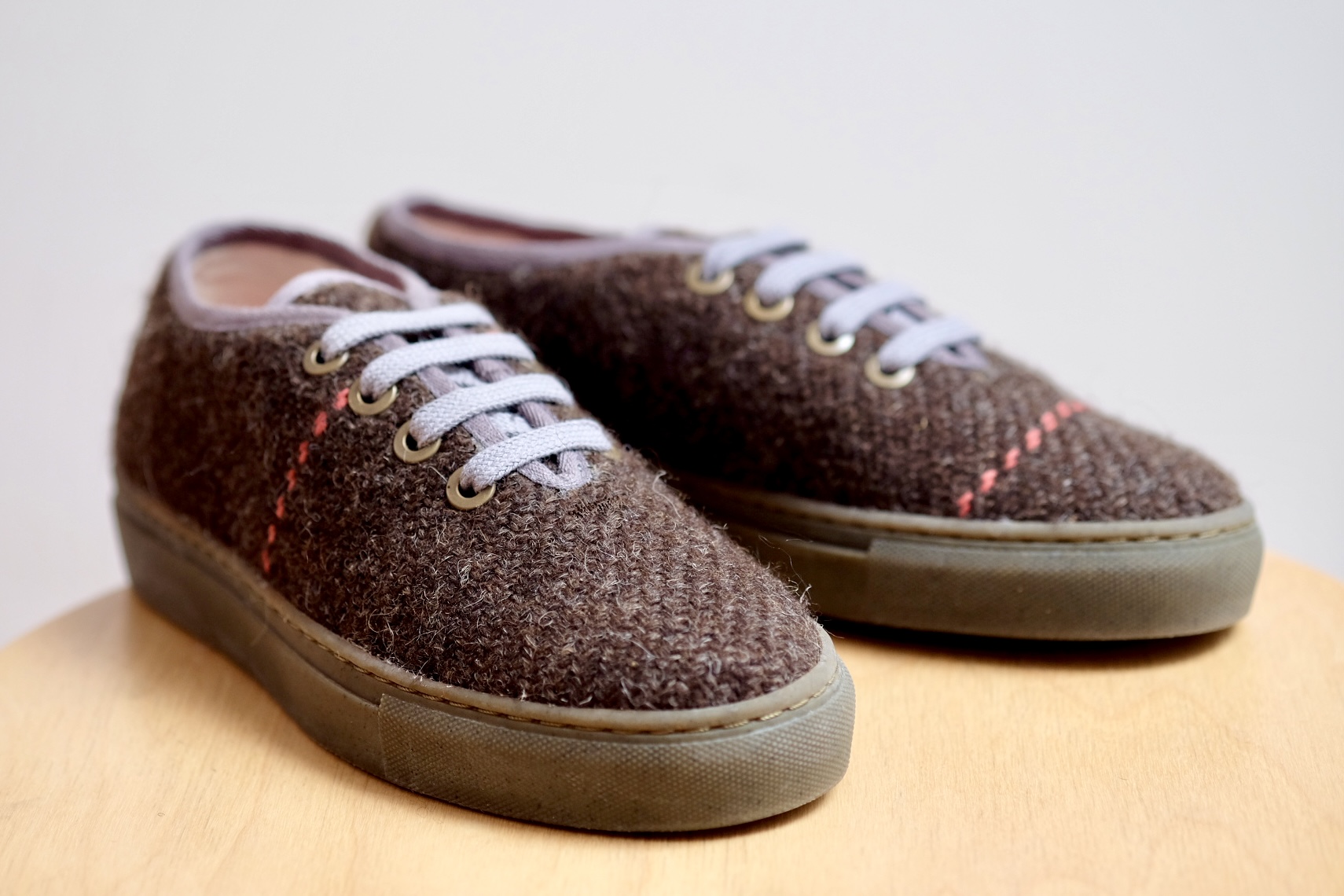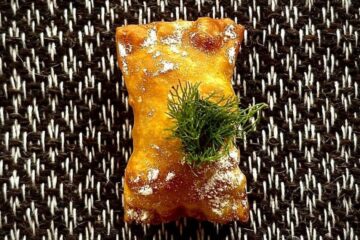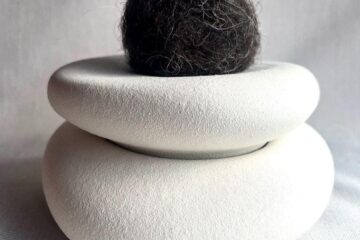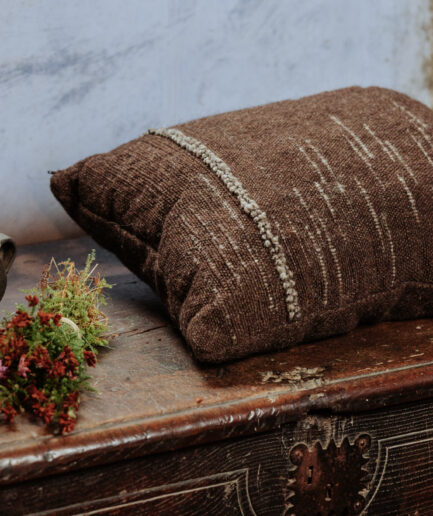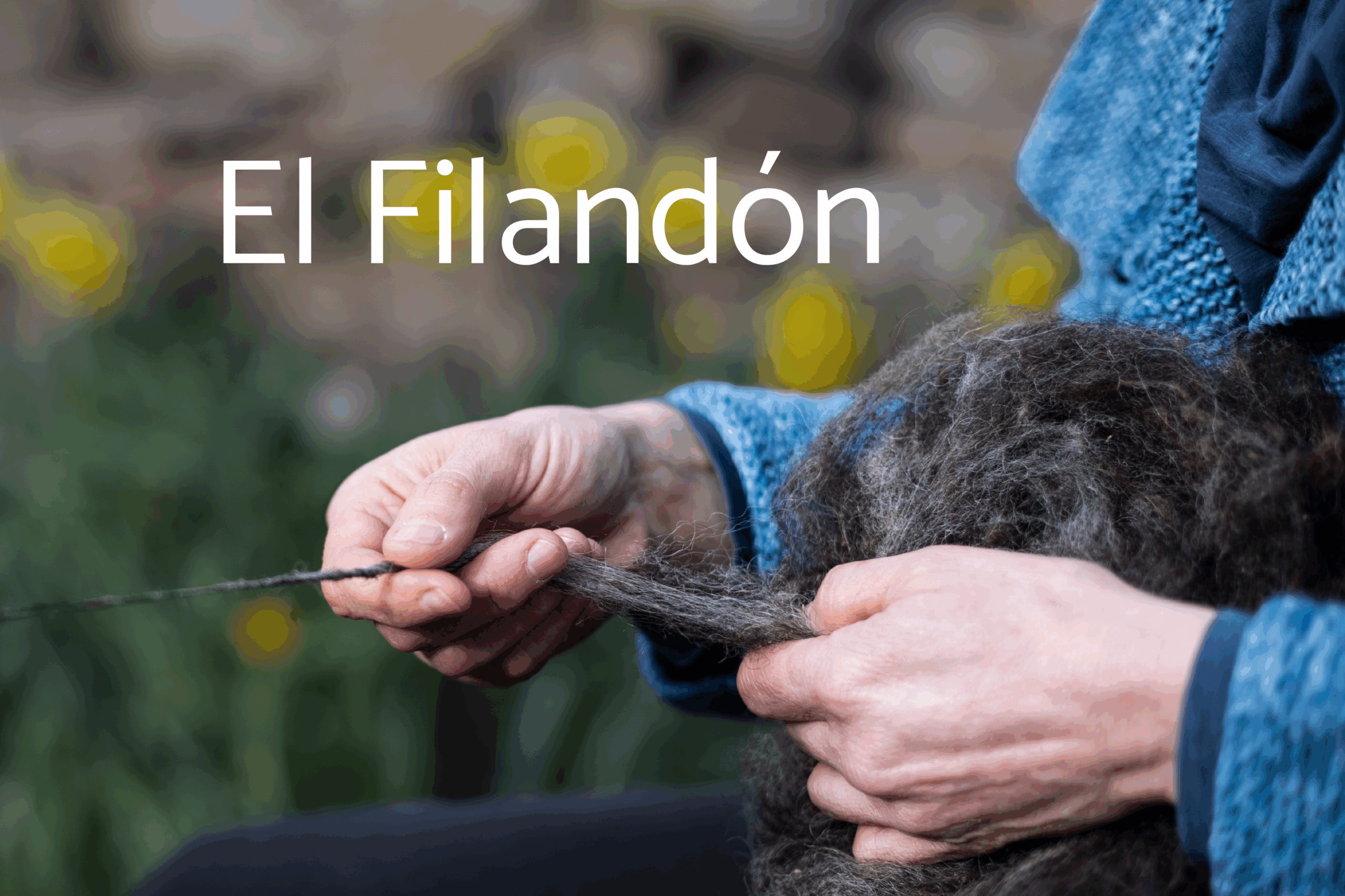Textile craftsmanship and sustainable innovation have found a meeting point in the European project Culturality, an initiative led by the University of Oviedo that seeks to connect design, tradition and experimentation with new materials. Thanks to this project, I had the opportunity to collaborate with Professor Pedro Carvalho de Almeida from the University of Aveiro, with whom we developed prototypes of footwear made with xalda sheep wool fabrics and soles made with natural materials and innovative biomaterials.
The Xalda Sheep: From Traditional Fiber to Textile Innovation
The wool of Xalda sheep, a native Asturian breed, has ceased to be used in textiles in recent decades due to rural depopulation. However, its resistance, thermo-insulating capacity and antibacterial properties make it a material with great potential in sustainable fashion. As part of the Culturality project, we used this wool to develop fabrics that could be integrated into functional and ecological footwear.
The union between textile craftsmanship, design and biomaterials shows that it is possible to innovate locally, transforming traditional materials such as xalda wool into sustainable and functional proposals for the future of fashion.
Different footwear prototypes: shoes and sneakers made with natural materials
The design and manufacturing process resulted in different prototypes of footwear:
- Shoes: With a structured and elegant design, in which xalda wool adds warmth and comfort.
- Sneakers: Lightweight and flexible, designed for everyday use.
In both models, the focus was on responsible production, minimising environmental impact and maximising the use of organic and recycled materials.
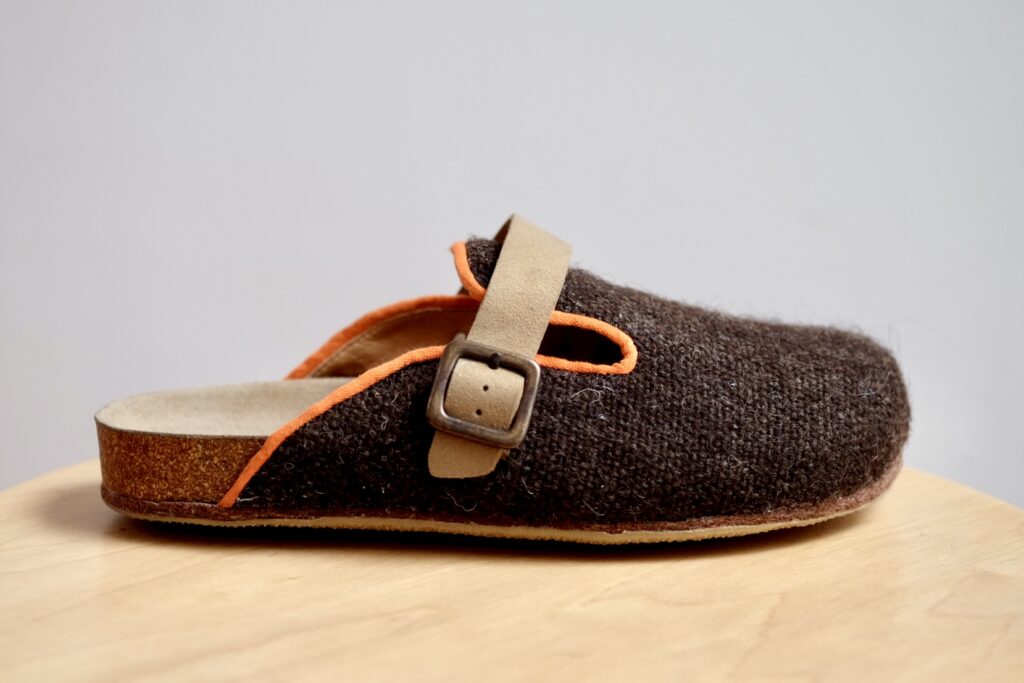
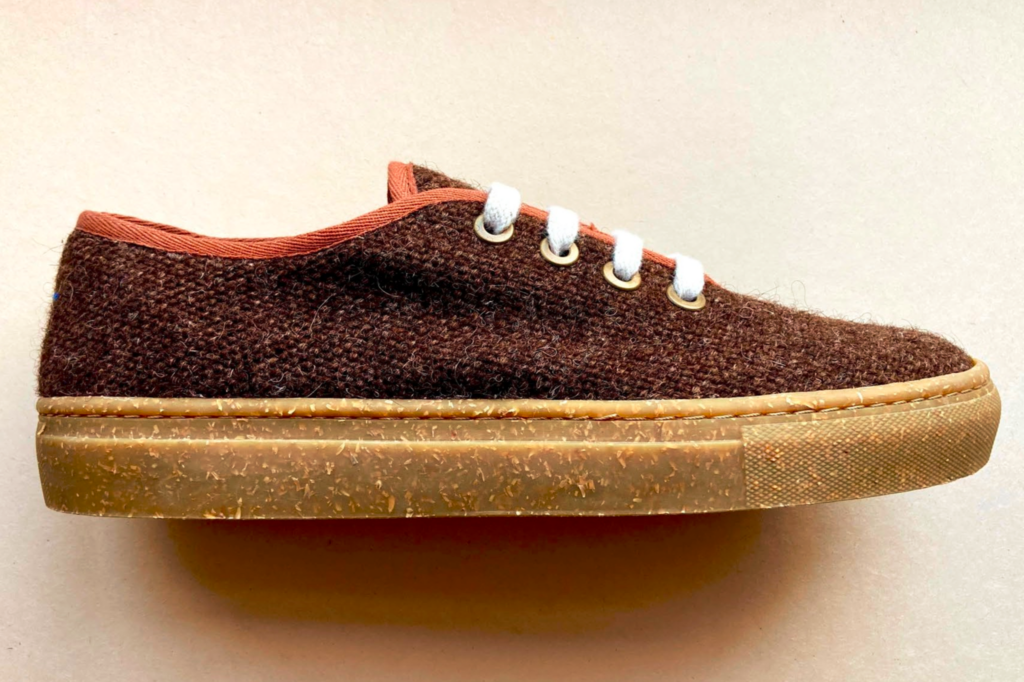
The Soles: Natural Materials and Cutting-Edge Biomaterials
One of the most innovative aspects of the project was the experimentation with soles made from natural materials and a biomaterial. The following were used:
- Recycled coffee: Provides lightness and durability.
- Rice husk: An agricultural byproduct that provides flexibility.
- Cork: Sustainable material with cushioning and thermal properties.
- Chestnut shell biomaterial: Developed by the Biomimetic Laboratory, this innovative material seeks to replace synthetic components with a biodegradable, naturally sourced alternative.
Innovation and Tradition: A Path to the Future of Sustainable Footwear
This project has demonstrated that the union of textile craftsmanship, design, and biomaterials can lead to new solutions in sustainable fashion. Xalda wool, a material linked to Asturian tradition, has found a new purpose in footwear design, while experimentation with natural soles opens the door to eco-friendly alternatives to conventional materials.
The work carried out within the Culturality project not only champions craftsmanship as a field of innovation, but also reinforces the importance of collaboration between different disciplines and territories to promote a more sustainable future.
